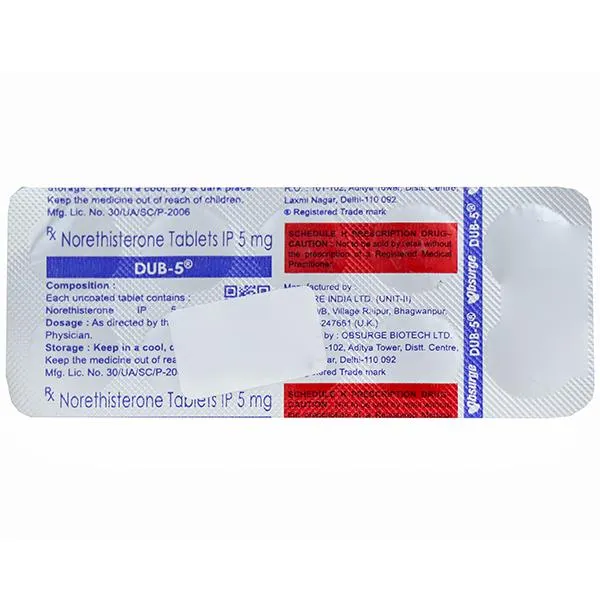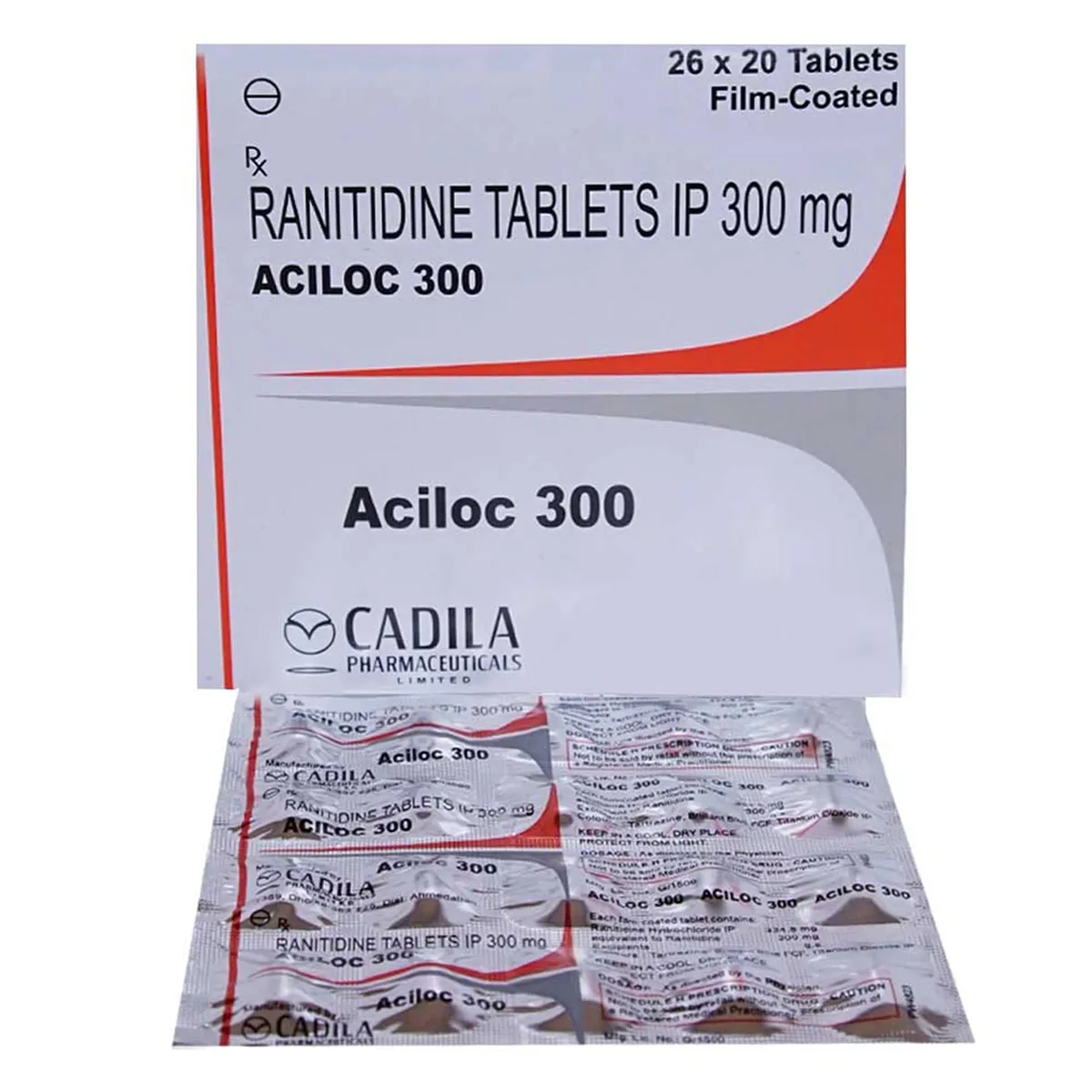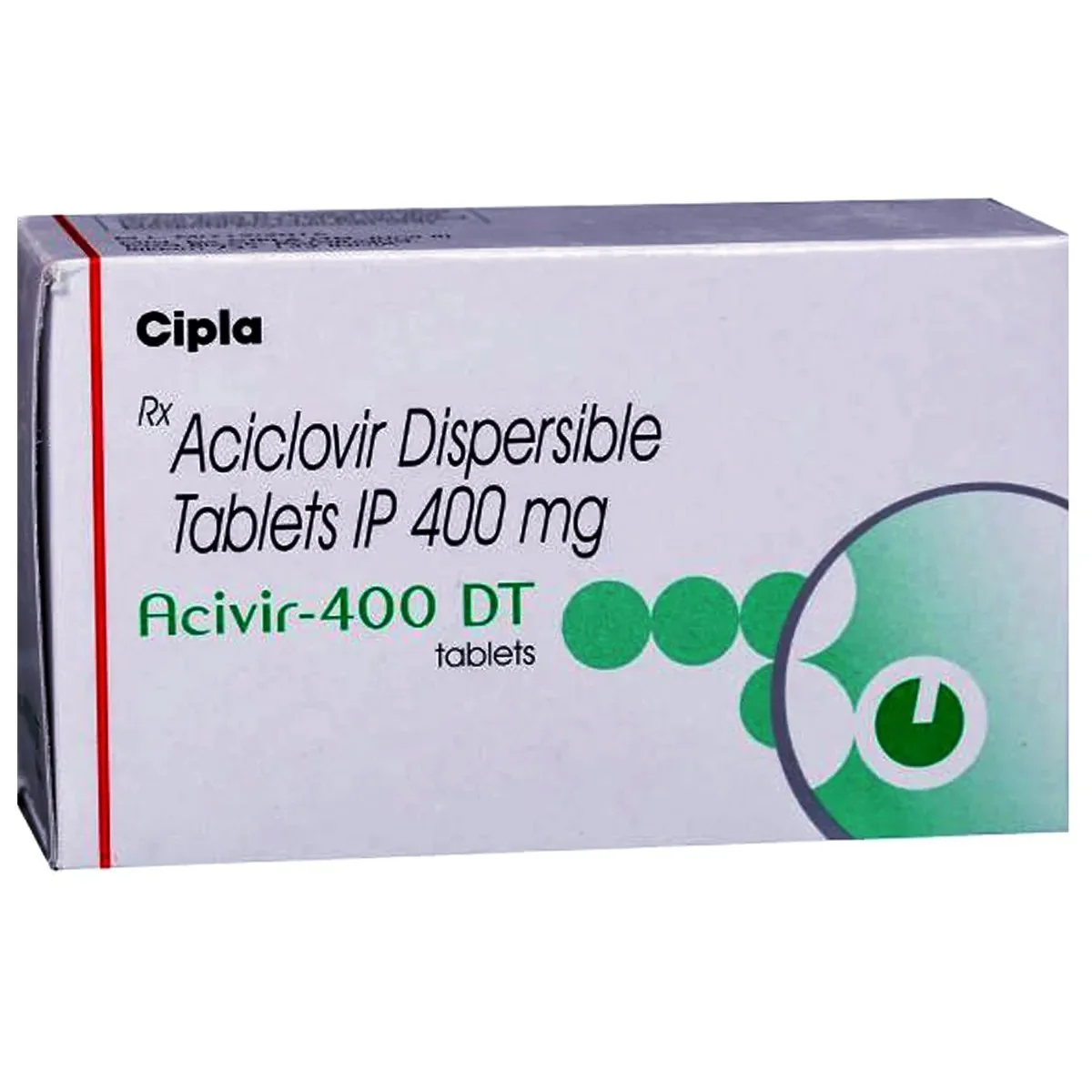Use:
Progesterone is a synthetic form of progesterone, a naturally occurring female sex hormone. It is used to treat a variety of menstrual issues, including painful, heavy or irregular periods, PMS, and endometriosis.
Indication:
It can be taken with food or without, but it’s best to take it the same time every day. The dosage and frequency of taking it will depend on what you’re taking it for, and your doctor will determine how much to take to help relieve your symptoms. The tablets should be swallowed whole with a glass of water.
You should take this medication as long as you’re prescribed.
Side Effects:
Common side effects include headaches, nausea, and abdominal pain.
Vaginal spotting, dizziness and breast tenderness are also common side effects.
Let your doctor know if they bother you or seem serious, as there are ways to reduce or prevent them.
Some side effects may cause you to discontinue taking this medicine, such as: Jaundice, Migraine, Changes in speech or senses (e.g., eyesight, hearing, sense of smell, taste, touch, etc.)
If you become pregnant or your blood pressure gets too high you should discontinue the medication and consult to doctor.
Safety Advice:
If you are pregnant, breast-feeding, diabetic, have a liver disease, or have ever had problems with blood circulation, please inform your doctor before taking this medicine.
Your doctor should also be aware of all other medications you are taking, as many of them may reduce the effectiveness of this medicine or alter its mechanism of action.
This medicine may influence some blood and urinary test results, so it is important that any physician treating you is aware of this.










